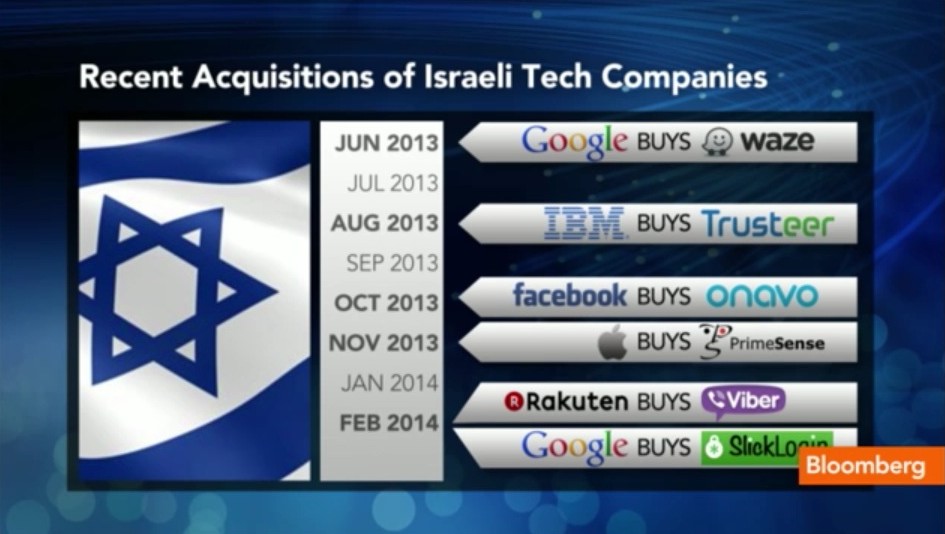This month a new phase in cryptocurrencies began, with the introduction of a series of national cryptocurrencies, including Auroracoin (Iceland), Spaincoin (Spain), Aphrodite Coin (Cyprus), Gaelcoin (Ireland and Northern Ireland), and Scotcoin (Scotland). Now, to add to that list, is the new Isracoin.

The idea of a national cryptocurrency is kind of counter-intuitive. By their very nature, cryptocurrencies should be borderless. National cryptocurrencies have some advantages, however, in that they are more easily understood by the average person on the street, and the average vendor in the marketplace. As they have all been started with the idea of giving out currency to people (and sometimes businesses and non-profits) in those countries, there is the potential for a much larger percentage of people in those countries to have their particular national cryptocurrency, than for any place to have a high percentage of Bitcoin users, for example.
What all of these cryptocurrencies have in common is that they’re based on giving out small amounts of currency to all residents or citizens (depending on the currency) of their respective countries (called an ‘airdrop’). How this is done differs among the different efforts. For example, Gaelcoin is only pre-mining 1% of the 650M total coins to use. Auroracoin and Spaincoin are pre-mining 50% of their total possible coins to give out. Scotcoin is pre-mining 98% of their total coins to give out. Isracoin is pre-mining 10% for their airdrop.
How these countries verify who should get coins in their respective airdrops also varies. In Spain, the Spaincoin is using the fact that almost all citizens have electronic national ID cards to ensure that each citizen only gets their distribution once. The Auroracoin similar uses a national database to ensure no one double-dips. Gaelcoin seems to be solely relying on the person’s phone number, although I find that hard to believe. In Scotland, they’re using a combination of factors such as having a real Facebook/Linkedin account, connecting from a Scottish IP address, etc.

In general these currencies have come into being due to the horrible state of the economies and currencies in their respective countries. Isracoin might be unique among this ‘first class’ of national cryptocurrencies in that Israel’s economy and currency are both quite strong. If anything Israel’s currency, the New Israeli Shekel (NIS, or in currency lists ILS), has been too strong for many people’s taste.
What Isracoin does share with these other cryptocurrencies, however, is the goal of disrupting control of the government and big banks in the country. Israel’s economy is controlled in large part by a small group of families and conglomerates that own all the major banks, etc. There is no disputing that fact. Having moved to Israel from the United States, I can also say for certain that the banks in Israel need some major disruption.
Israeli banks are known for charging exorbitant fees on everything possible. No one likes the banks, and they are powerful enough to prevent new entries to the market, which is why no international banking brands have entered the Israeli market. If just from that perspective, I would hope this initiative (or a similar one) succeeds. The financial system in Israel needs a revolution. It’s hard to imagine that the banks here won’t lobby to squash Isracoin or anything else that might threaten their tight control of the flow of money here, but one can always hope that wouldn’t be the case (or they would at least fail if they tried).
The real question then, and this is true for all cryptocurrencies, is how involved the government is going to get. How will cryptocurrencies be taxed? There’s an interesting analysis of if Bitcoins should be taxable in Israel which concludes that Bitcoins are actually a commodity and not a currency, at least according to their view of Israeli law. Isracoin might fit into a similar loophole, although how it is defined is a bit different, and it might not be exempt as easily as Bitcoin. The reality is, however, that if any cryptocurrency takes off in any country, those countries will find a way to tax them. There’s always legislation to close the loopholes.
With at least five national cryptocurrencies launched this month, this would seem to be a trend that is going to be growing quickly. I imagine similar currencies will start popping up in many more countries soon. As these seem to generally be linked to an anti-bank and anti-government sentiment, I would just add that I hope the people running these efforts make specific pledges that ensure these are not pump-and-dump schemes set up to make a lot of money for their creators. In these existing cases, and in the all the ones to come, the creators should make specific pledges that they will not be receiving any more coins than any other resident or citizen. Like any currency, these need to be based on a certain level of trust, and this would seem to be the minimum required to gain that trust among the users of the currency.
Lastly, as Israel is a tech powerhouse, I feel a bit of embarrassment at how horrible the Isracoin websites are (there is a Hebrew site and an English site), especially when compared to the other national cryptocurrency sites. Of course, the security of the currency is more important than the design of the web site, but if the goal is to get widespread adoption of Isracoin in Israel, then they need to get their web sites up to snuff (and should have smartphone apps that work in Hebrew, Arabic, Russian, English, French and Spanish).
Some other coverage since this article was written:
Skeptical welcome for new Israeli digital currency (Times of Israel)

